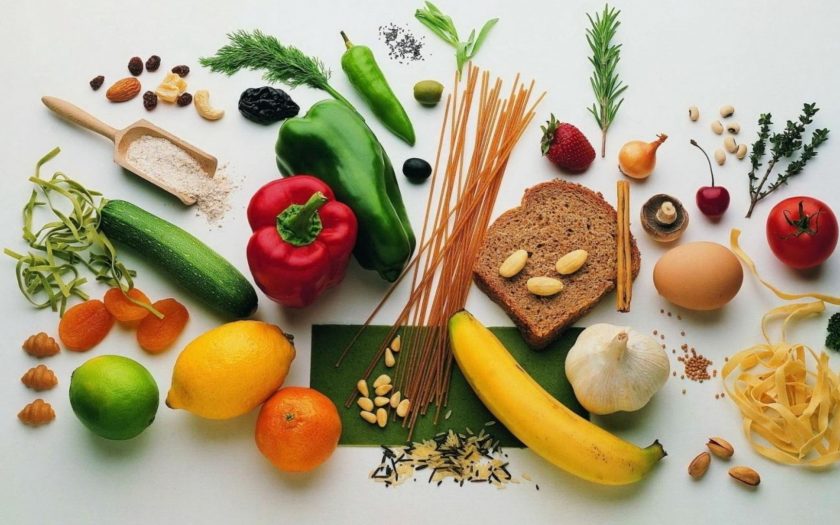Food should be soft and not hot during illness. The diet should not contain harmful foods that will irritate the throat. In pharyngitis, food should be nutrient-balanced and the amount of food should be appropriate for the patient’s age and sex. Let’s consider products that will help with acute pharyngitis.
-
Oatmeal.
This food contains a lot of protein and fiber, which are needed during the illness. After eating one plate of porridge, the patient feels full. In this case, a person may not eat for a long time. You can add a piece of butter, a little milk, banana or honey to the dish.
-
Chicken broth soup.
This dish can be drunk in small sips. The broth will soothe a sore throat and provide the body with all the necessary nutrients. It helps to heal the upper respiratory tract, relieves nasal congestion and relieves edema.
-
Boiled or steamed fish.
For the period of the disease, it is recommended to include in your diet such fish as salmon, herring, trout, tuna. If the patient does not tolerate fish at all, then you should buy fish oil (for example, Epadel S900 or Gold Omega 3). The drug should be taken up to three times a day for ten to fifteen days.
-
Boiled or baked eggs.
This product contains proteins, fats and vitamins. You can add eggs to various salads and season them with olive oil.
-
Bananas.
They help to overcome pain, sweating and recover faster. Bananas can be combined with warm milk and cocoa. It should be noted that an adult should eat no more than two bananas a day. Banana also contains potassium, vitamins B6 and C.
-
Whole grain pasta.
This food contains iron, fiber and vitamins. They promote overall recovery: remove toxins from the body, reduce dysbiosis. The germinal content of the grain helps to preserve youth and beauty.
It is also recommended to follow these rules when following a diet:
- in the first days the patient usually refuses to eat. But do not force him to eat, especially when it comes to children. It is important to provide the body with fluid so that dehydration does not occur and all harmful microbes come out as soon as possible;
- diet should be balanced;
- food should not be hot or cold. Food should be warm or room temperature;
- The patient needs to eat little but often. Let it be one or two spoons, but six or seven times a day. The body needs strength to cope with the disease;
- the last meal should be two or three hours before bedtime;
- food should be ground in a blender or other convenient way. You can’t eat fried and fatty foods, so you should steam or cook food;
- Fruits and vegetables should not be eaten raw as they may contain fungi or bacteria. It is better to bake them, cook or steam.
You need to follow a diet not only during the illness, but also after recovery for another three to seven days. This will allow the body to recover quickly. To stay healthy, you should avoid alcohol, carbonated beverages and fast food.

